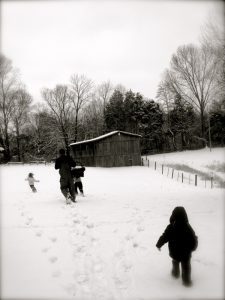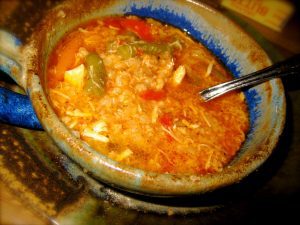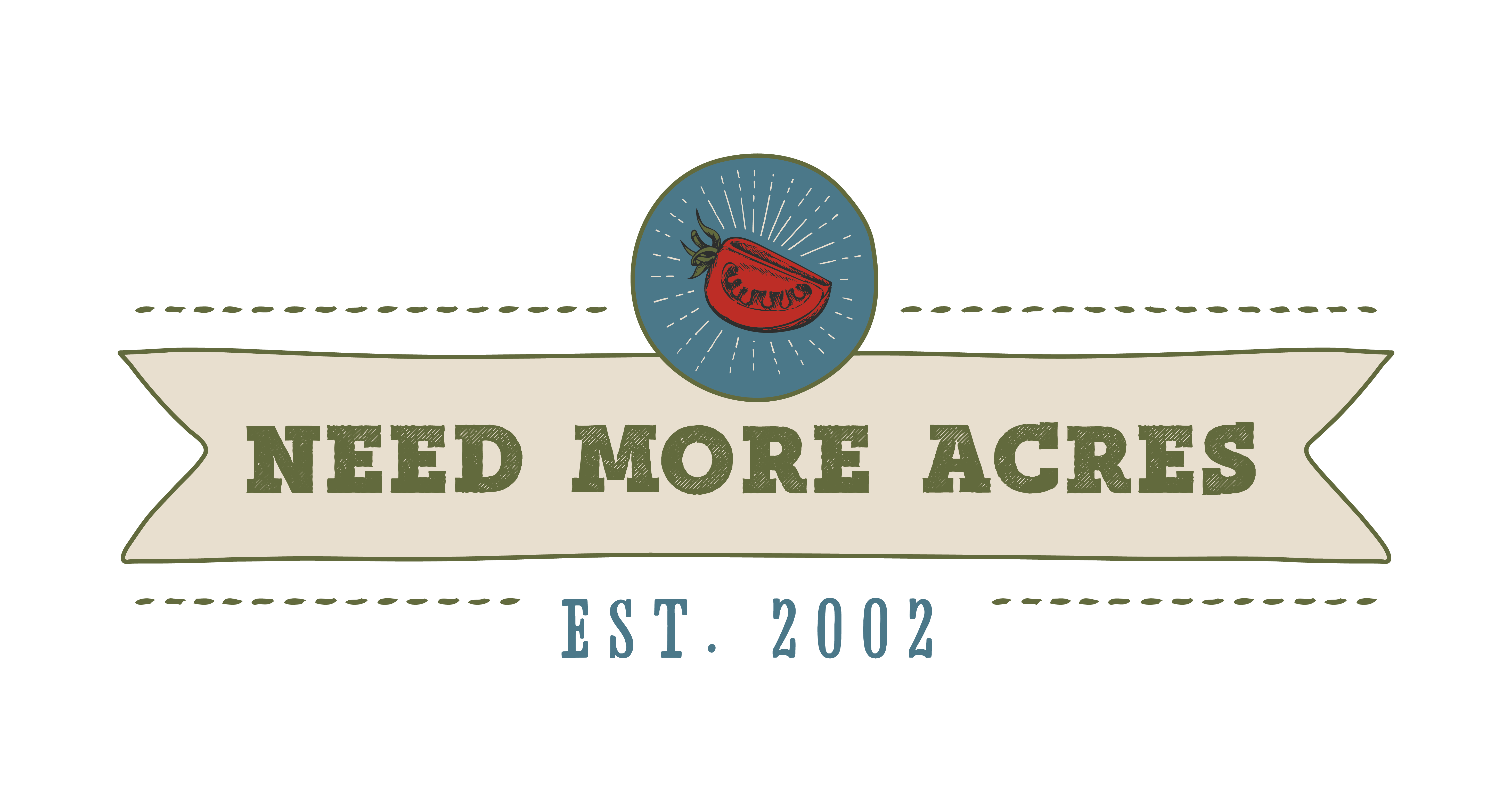
Nourishment ::
One of the best things we can do for ourselves during the winter months is to take care of our health. A few things to make sure to include into your winter diet:
~Real Foods (Fruits, Vegetables, Meats, Eggs, Milk)
~Omega 3 Fatty Acids (Chia Seeds, Salmon, Free Range Eggs)
~Vitamin B complex (Spinach, Berries, Legumes)
~Vitamin D (Sunlight, Fish Oil, Egg Yolks)
Food is our primary medicine and it can boost our immunity, increase our energy, and help support our moods. Simply adding Green Smoothies, omelettes and fish to your winter diet can get you back on the right track. Exercise can do wonders to boost your energy levels, as well, and if you take a walk or run outdoors, you will be getting in that extra sunlight you need!
Embedded in family life and in cultural and religious ritual, food has always been our most direct, intimate tie to a nurturing earth as well as a primary means of bonding with each other. Food has helped us to know where we are and who we are. ~ Frances Moore Lappe, Hope’s Edge
There’s nothing like good old comfort food during the winter months, but many of the foods in the Western diet are full of sugar and fats. Here are a few comfort foods you can feel good about.
Chamomile Tea with Honey
This tea is a great way to wind down for the evening and relax. Infuse the tea according to the directions and add a touch of honey (honey should only be given to children 2 years or older). Peppermint, Catnip, and Lavender are also delicious, calming teas.
Homemade Chicken Broth
There is a reason why people have been serving their families homemade chicken soup for generations (real chicken stock, not the canned stuff). Real chicken stock heals the stomach and digestive system and allows the body to protect and heal itself more naturally.
· Begin with the bones of an organic, free range or hormone-free chicken. Place in a large pot and cover with cold filtered water and a couple tablespoons of Apple Cider Vinegar.
· Bring to a boil (remove any film that floats to the top). Add an onion, 2-3 carrots, and 2-3 celery stalks. Reduce heat and simmer for 12-24 hours (you can use a slow cooker if you would prefer).
· Pour through a strainer and store in airtight containers (I prefer mason jars over plastic). You can also freeze in ice cube trays so that you can have individual portions.

1 ½ cup whole wheat pastry flour (you can also use brown rice, oat, barley, or quinoa flour)
1 ½ teaspoons non-aluminum baking powder
¾ teaspoon cinnamon
½ teaspoon baking soda
½ teaspoon sea salt
1 cup applesauce
½ cup molasses (or honey)
¼ cup vegetable oil
Preheat oven to 350 degrees. Grease and flour a 12-cup muffin tin. Sift together the dry ingredients. In a separate bowl, whisk together the oil, molasses, and applesauce. Add the liquid ingredients to the dry and stir well. Divide the batter among the muffin tins. Bake for 20 minutes.
Try Something New: Stock up on some grains, legumes or seeds that you’ve never used before and add them to your favorite dishes. Here are some ideas: Grains (Brown Rice, Polenta, Quinoa), Legumes (Chickpeas, Lentils, Mung Beans), and Seeds (Chia, Flax, Hemp).
Books to Read:
Connection ::
Winter can be lonely. We tend to stay indoors and at home more often during the winter. It’s just a hassle to bundle up so we can drive into town unless we really need something. But taking the time to meet with friends, family, or co-workers face-to-face is so important to our sense of connection with the outdoor world. Weekly play dates, Sunday Worship, potlucks, monthly BabyNet meetings (or another group that can support you), and regular date nights are ways that we ensure our emotional needs are met, even if it means getting out with snow on the ground. Social media, emails, and phone calls will never replace the need to meet with others face-to-face.
Helpful Hint: Set a timer for 15 minutes every day and do something to de-clutter, organize, or make your space more comfortable.
Books to Read:


